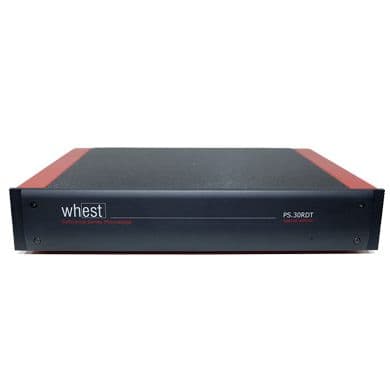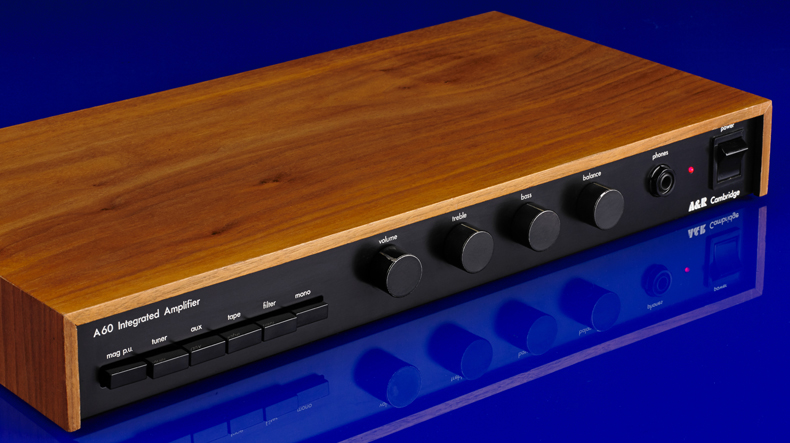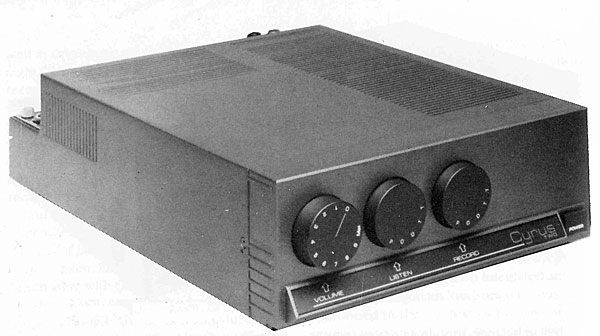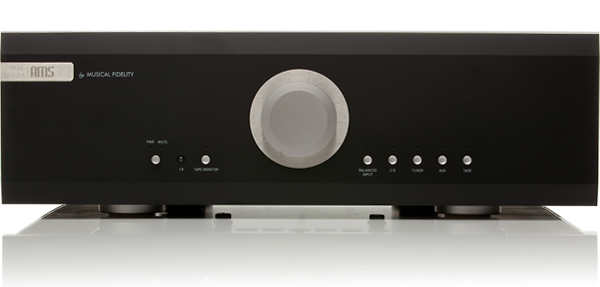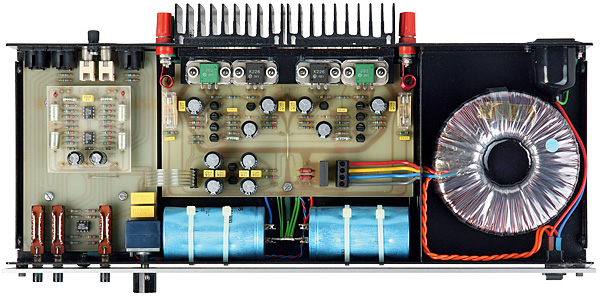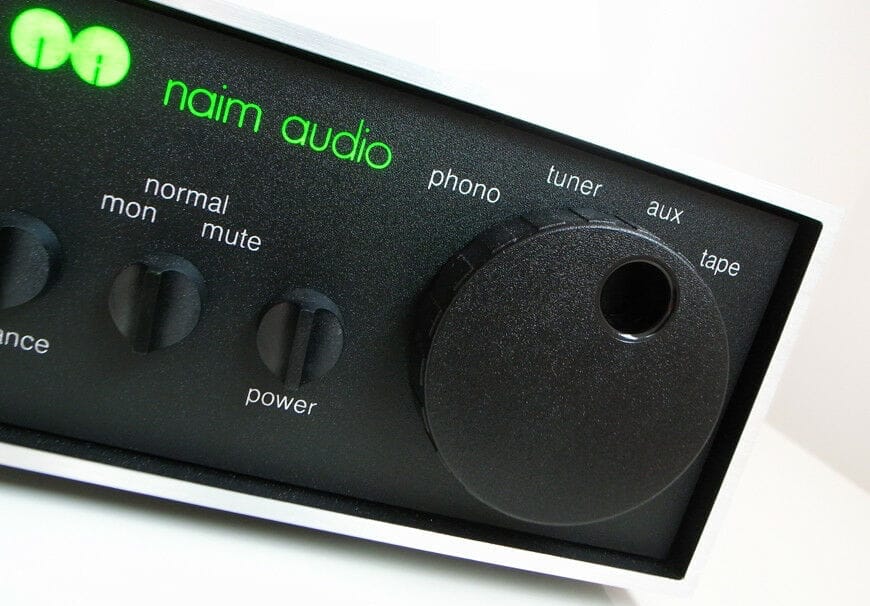Whest Audio’s PS.30RDT was released in 2009 as a near descendant of the company’s flagship MC REF V, and it cost a whopping £2,799 when new. It comes in a single 430x280x72mm box with a Whest MC REF V Hybrid filter and an ultra low noise bipolar opamp DIP8 chip severely biased towards Class A. The output stage is Whest’s original discrete very low noise Class-A, bipolar design, which “is essentially everything you are hearing,” according to James Henriot.
The transistors are hand-matched from Fairchild and Toshiba (as in MC REF V), the capacitors are all hand-matched to within 0.5 percent tolerance or less, and the channels are then matched to within 0.5 percent tolerance or less. The transformers are low-noise, hand-wound in the United Kingdom. Because the circuitry requires a fast current supply to react to big dynamic passages, the power supply is ‘nearby.’ A big bank of small value, low impedance capacitors filters the signal. To provide for great dynamic headroom, the voltage rails are + and – 18volts (not 5v or 15v like most). It’s a completely balanced true dual mono design with a low stated output impedance (50 ohms at 1kHz) that can run extraordinarily long output cables, according to the manufacturer. It also has six load and gain levels, both of which are internally adjustable.
It’s impossible to deny that the PS.30 does not sound like a valve phono stage, for better or worse. Instead, it tries to combine the best of both worlds; it’s unmistakably a solid-state device, but it has a lot of the features that many people like about valves. If you like, you can use tubes that aren’t torn. King by UB40 demonstrates why, with the opening sixteen bars defining the song’s personality. It has a less ‘frosty’ tone than some solid-states, with a surprisingly fulsome bass that isn’t backward in coming forward, as some solid-states are. In terms of general warmth and size, the midband has a tubular feel to it. There’s a lot of detail bristling through, and the noise floor is really low. Surface noise was remarkably low, and any shrillness was conspicuously absent. Certainly, this item has a pleasant sound.
It is nothing if not sharp in terms of rhythm. It bounces about like a rubber ball, driving the song’s groove forward. I liked how smooth and creamy the Whest was while still being rhythmically lively. It’s a terrific after-dinner listen since it seduces and beguiles rather than pinning you to your seat and engraving the soundstage onto your cranium. Wings’ Band on the Run was a case in point: the Whest charmed but never fooled, despite not being a high moment in the vinyl LP’s history in terms of recording quality. It produced a spacious soundstage, within which the many strands of the mix were all as clear as day, as well as Paul McCartney’s slightly gritty vocal quality. It also demonstrated tremendous delicacy in the upper sections, with cymbals in particular being finessed.
This is one of the warmest, most lucid transistor phono stages I’ve heard so far, and it doesn’t sound anything like valves or other solid-state designs that are more emblematic of the breed. The top midband feels slightly processed, which is my sole issue. Although it’s a mild impact that’s far more obvious on lower-end solid-state designs, there’s still a slight ‘sucking out’ of atmosphere and a propensity to paint percussion in less than fulsome terms. Still, this sounds a lot more opulent than most solid-states, which is a good thing. For many, the well-balanced functioning is a plus, making this a good all-rounder back in the day. If you want something smooth without the aggro of tubes, this is the place to go.

